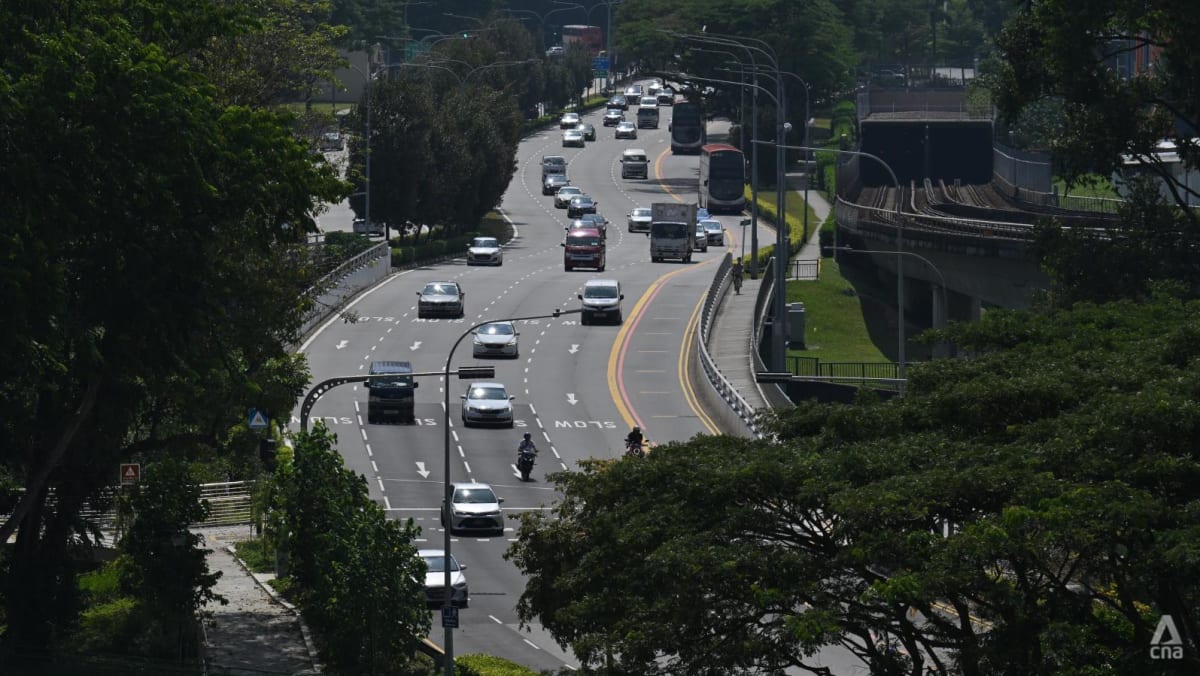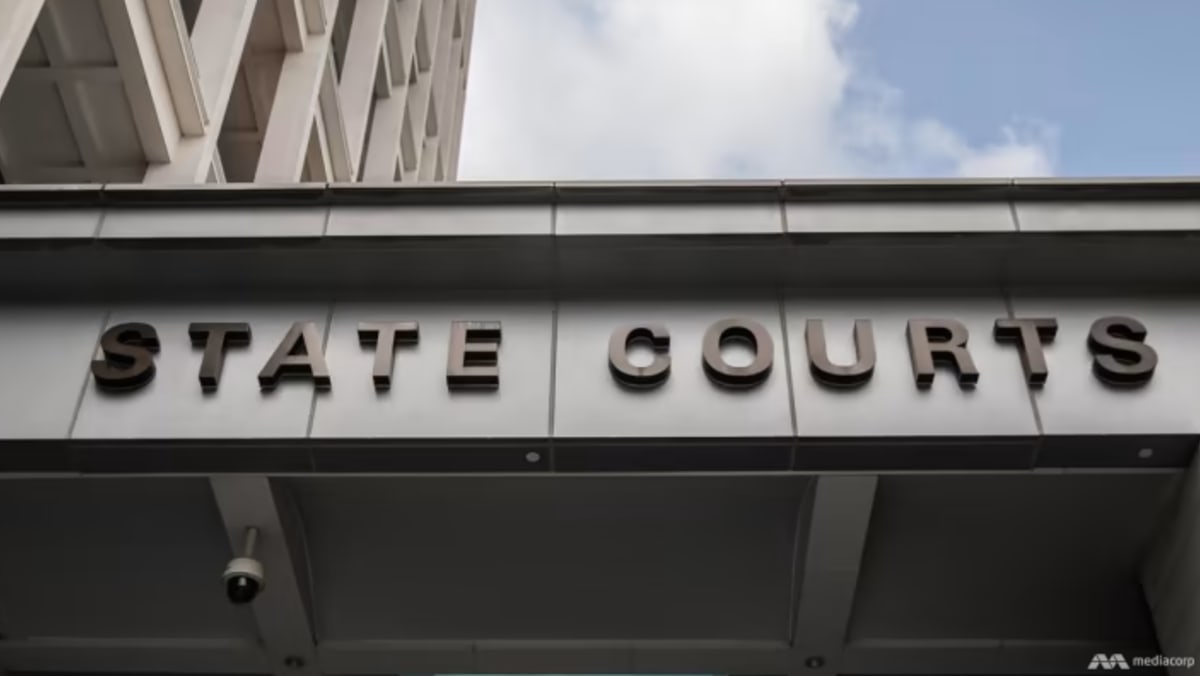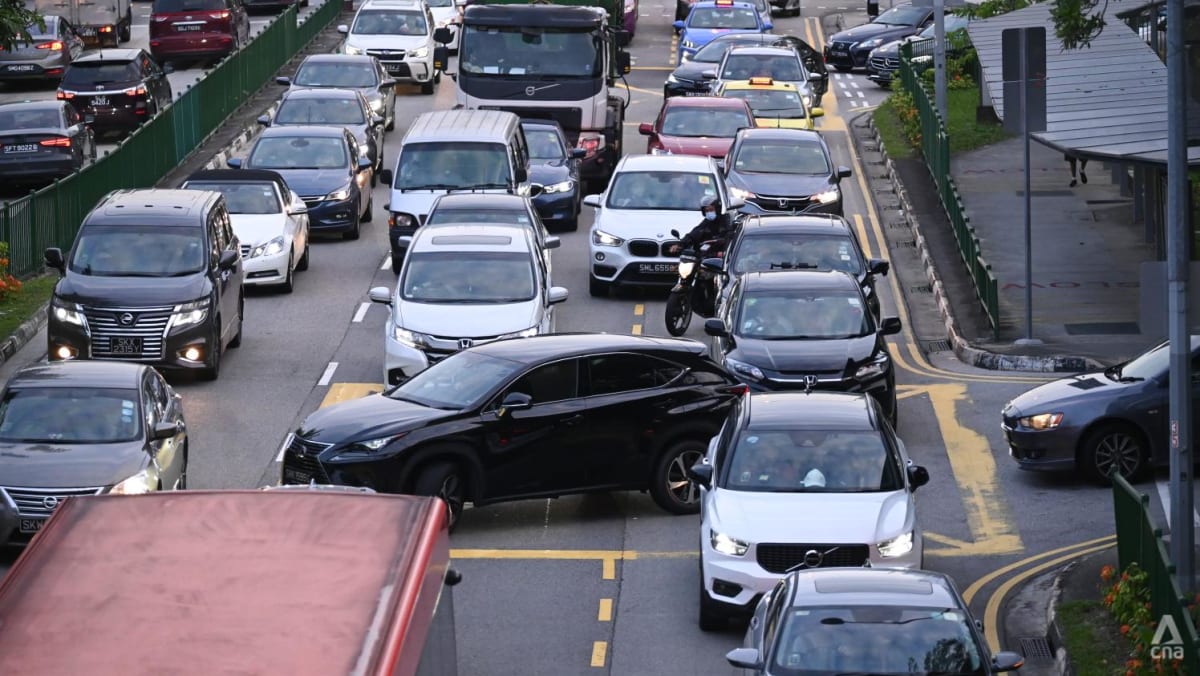Non-constituency MP Hazel Poa suggested introducing an opt-out provision for individuals, subject to safeguards.
For example, the opting out of restriction orders could take effect only after 30 days, and individuals would have to opt out in person after a mandatory counselling session, the Progress Singapore Party secretary-general added.
A restriction order may risk pushing “emotionally invested” victims to desperation, said Ms Poa.
Scam victims should be counselled by a social worker and provided mental health support, and these social workers could help the police decide if a restriction order would benefit the victim, she added.
Ms Poa also asked if the restriction orders will be extended to joint accounts, which may inconvenience account holders who are not subject to the orders.
In her reply, Ms Sun noted that there are two types of joint accounts – a joint-all account where all account holders must give instructions for banking transactions; and a joint-alternate account where transactions can be performed without the consent of the other account holder.
MHA “would prefer to take a risk-calibrated approach” by imposing restriction orders on only joint-alternate accounts but was informed by banks that this was “operationally challenging”.
“Hence we have decided to impose the restriction orders on both types of joint accounts for a start,” Ms Sun said.
While this is “not ideal”, she noted that the authorities have decided to go ahead with this move to “provide victims with the necessary protection”.
MHA will work with the banks to explore putting technical solutions in place “to facilitate such exemptions” in the future, she added.
Ms Sun also addressed the suggestion to offer an option to opt out, reiterating that the restriction order is a measure of “last resort”.
The restriction order will only be issued temporarily for a maximum of 30 days, and extended up to five times if necessary, she noted.
MPs, such as Mr Gerald Giam (WP-Aljunied), Ms Ng Ling Ling (PAP-Ang Mo Kio) and Mr Sharael Taha (PAP-Pasir Ris-Punggol), asked if the legislation is enough to address scam tactics that are evolving and being conducted at high speeds.
Ms Ng also noted the risk of scams being done on non-banking platforms and asked if the restriction orders could be expanded to include the likes of cryptocurrency exchanges and remittance companies.
Ms Sun replied that MHA recognised the risk that other platforms serve as “intermediaries in the scam chain”. It will continue to work with the Monetary Authority of Singapore to monitor the scam situation and “consider expanding the scope of the restriction order in the future, if necessary”.
Ms Sun also said the police expect to issue five to 10 restriction orders each month, although the actual number will depend on the cases that are brought to the police’s attention and the assessment of each case.
Mr Giam noted that this will come up to about 60 to 120 restriction orders being issued a year, which is “negligible” compared to the 50,000 scam cases reported annually. He asked if this means that the Bill will have a limited impact on combating scams.
Ms Sun reiterated that the Bill alone “will not significantly dent the total number of scams” and it is only one of the many methods being deployed to combat scams.
That said, it targets scams that involve social engineering and can lead to “quite large amounts of losses” over time.
“So, while the number of scams that could be deterred through this Bill … is (expected) to be between five to 10 cases a month, I think we should not neglect the fact that the absolute amounts (in terms of) losses could be substantial,” said Ms Sun.













